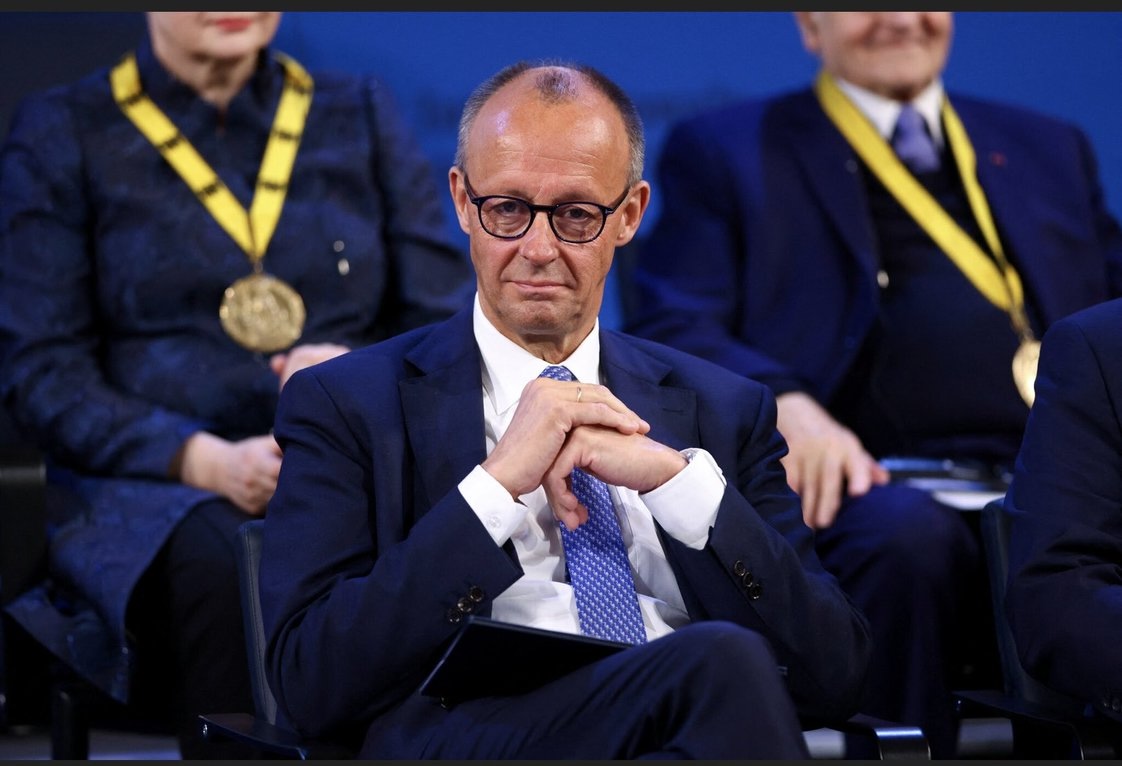Recent evaluations by Chatham House, a prominent UK-based policy think tank, have identified Nigeria’s economy as the most competitive it has been in a quarter of a century, crediting this notable progress to the reforms initiated by President Bola Tinubu. A key element of these reforms is the significant devaluation of the naira, which has plummeted from N460/$ to around N1,500/$.
President Tinubu’s administration has been characterized by decisive economic actions aimed at overhauling and rejuvenating Nigeria’s financial framework. The intentional devaluation of the naira is a strategic effort to boost the country’s export competitiveness, making Nigerian products and services more appealing in the international market. This strategy is in line with Chatham House’s findings, which stress that a competitive naira is vital for achieving sustainable economic growth.
Nonetheless, these reforms have not been without their difficulties. The country has faced a spike in inflation, with rates soaring to 32.7% in September 2024, largely driven by increasing food and energy costs. This inflationary trend is partly linked to the elimination of petrol and electricity subsidies, along with initiatives aimed at curbing government spending and fostering fiscal discipline.
The effects of these reforms have been evident across multiple sectors. For example, Lagos, Nigeria’s economic center, has seen a decline in its previously vibrant nightlife. Economic strains on the middle class have resulted in decreased consumer spending, adversely impacting businesses that depend on discretionary income.
In light of these economic challenges, the Nigerian Senate has acted to safeguard food security by enacting legislation that criminalizes the export of large quantities of unprocessed corn. This legislative action seeks to address hunger and stabilize domestic food prices amid the ongoing cost-of-living crisis.
Despite facing immediate challenges, President Tinubu is unwavering in his conviction that these reforms will lead to long-term prosperity. He has urged the Nigerian people to exercise patience and resilience, highlighting that the sacrifices made now are essential for building a stronger and more competitive economy in the future.
See more: Putin clearly unwilling to make concessions, EU’s Kallas says
Although President Bola Tinubu’s economic reforms have created short-term difficulties, they have also set Nigeria on a trajectory toward enhanced competitiveness and sustainable development. Acknowledgment from organizations such as Chatham House emphasizes the potential advantages of these policies, even as the country deals with the intricacies of economic change.



